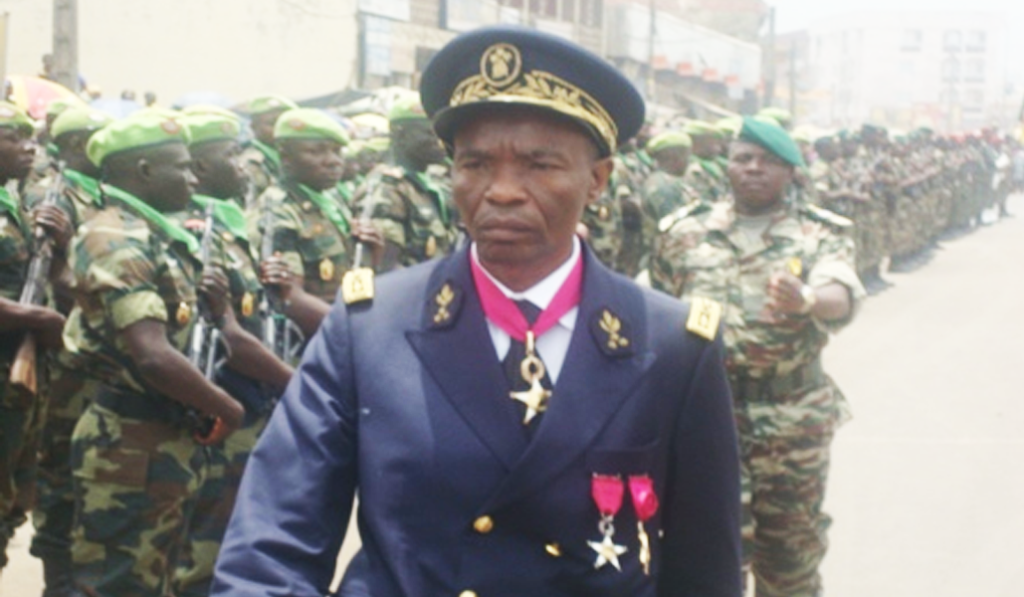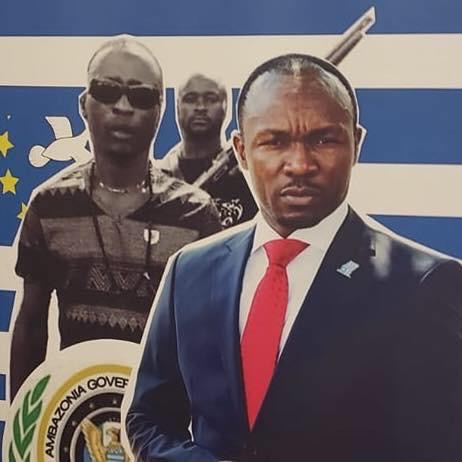By Pavlov Vellenvevinyo
Horrific and graphic images of atrocities committed by the Beti-Bulu militia of French Cameroon continue to flood social media, originating from Southern Cameroons, also known as Ambazonia. These images and videos reveal the brutal massacre of children and the razing of homes in the village of Pete Bakundu, located in Meme County in the Southern Zone of Ambazonia.
According to local sources, forces of the Cameroon government—predominantly composed of Beti-Bulu French-speaking soldiers—invaded the village in the early hours of August 6, while residents were still asleep. In a calculated display of scorched-earth tactics and indiscriminate violence, they reportedly executed nine civilians, most of whom were children. Among the victims were two very young children, a breastfeeding mother, and her two babies. These forces then set the entire village ablaze, allegedly employing “napalm-like methods” to ensure total destruction.
In the Northern Zone of Ambazonia, specifically in Kumbo and Wum towns, similar acts of terror unfolded. Government forces from Francophone Cameroon reportedly massacred seven innocent civilians in retaliation for self-defense actions carried out by Ambazonian rebels. The retaliation came after the rebels attacked and killed five government gendarmes who had set up illegal checkpoints in the villages to extort money from vulnerable residents.
Since the onset of the war in 2016, such atrocities—reminiscent of the Rwandan genocide—have become all too common in Southern Cameroons. Under the watchful yet passive eyes of international bodies, civilian massacres and village burnings have become a grim routine for Southern Cameroonians, also known as Ambazonians.
The 86-year-old authoritarian ruler of Cameroon, Paul Biya, continues to preside over a regime marred by bloodshed and brutality in the Northwest and Southwest regions. Meanwhile, some U.S.-based law firms, such as Squire Patton Boggs, have been accused of enabling the regime’s longevity by shielding its atrocities from international scrutiny.





